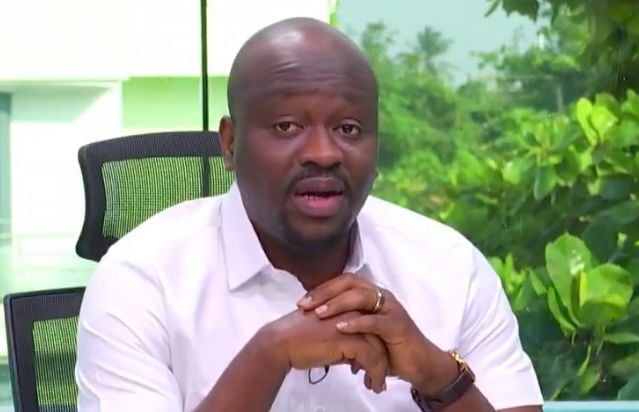The ongoing flagbearer campaign within the New Patriotic Party (NPP) has drawn sharp criticism from Hamza Suhuyini, a member of the National Democratic Congress (NDC) Communication Team. Suhuyini argues that the campaign has devolved into a spectacle of personal attacks and divisive rhetoric, exploiting sensitive issues of religion and ethnicity, rather than focusing on substantive policy debates. He expressed concern that this trend not only jeopardizes the NPP’s future but also poses a threat to Ghana’s democratic progress. Suhuyini emphasized that a healthy political campaign should center on ideas and solutions to national challenges, not on exploiting societal fault lines. He lamented the absence of leadership within the NPP to steer the campaign discourse towards a more constructive and unifying direction.
Suhuyini’s critique points to a concerning shift in the NPP’s campaign strategy. Instead of presenting concrete plans and engaging in robust policy discussions, the candidates appear to be resorting to divisive tactics. This approach, he argues, undermines the democratic process and risks exacerbating societal tensions. The focus on personal attacks and the exploitation of religious and ethnic identities detract from the critical issues facing the nation and prevent a meaningful exchange of ideas. This ultimately harms the electorate, who are deprived of the opportunity to make informed decisions based on the candidates’ proposed policies and visions for the country.
The NDC communicator directly implicated former Vice President Dr. Mahamudu Bawumia in fostering this divisive climate. He contrasted the current campaign with previous elections, particularly during the tenures of the late President John Evans Atta Mills and former Vice President Aliu Mahama, where religious and ethnic differences were not central campaign themes despite the candidates’ diverse backgrounds. Suhuyini contends that Dr. Bawumia’s campaign rhetoric has contributed significantly to the current divisive atmosphere, marking a departure from past practices where such sensitive issues were largely avoided. This, he argues, sets a dangerous precedent for future elections and undermines the spirit of unity and tolerance that are essential for a thriving democracy.
Suhuyini’s criticism underscores the importance of issue-based campaigns and the responsibility of political leaders to promote a respectful and tolerant political environment. He argues that focusing on personal attacks and exploiting sensitive social divisions distracts from the real issues facing the nation and hinders meaningful dialogue. A healthy democracy requires candidates to present their policy platforms and engage in constructive debates that address the concerns of the electorate. By resorting to divisive tactics, candidates not only fail to address the nation’s challenges but also risk deepening existing societal divides.
The use of religion and ethnicity as political tools is particularly concerning, as it can have far-reaching consequences for social cohesion and stability. Exploiting these sensitive issues can incite prejudice and discrimination, undermining the foundation of a pluralistic society. It is the responsibility of political leaders to promote unity and understanding, not to exploit differences for political gain. Suhuyini’s criticism serves as a reminder of the importance of responsible political discourse and the need for candidates to focus on issues, not identities, in their campaigns.
In conclusion, Suhuyini’s criticism of the NPP flagbearer campaign highlights a worrying trend in Ghanaian politics. The shift away from policy debates towards personal attacks and the exploitation of sensitive social divisions undermines the democratic process and risks exacerbating existing tensions within society. He calls for a return to issue-based campaigns and emphasizes the responsibility of political leaders to foster a respectful and tolerant political environment. The focus on divisive rhetoric, particularly surrounding religion and ethnicity, not only distracts from the real issues facing the nation but also poses a threat to social cohesion and the long-term health of Ghana’s democracy. It is crucial for all stakeholders, including political parties, the media, and civil society organizations, to work together to promote a more constructive and unifying political discourse that prioritizes the interests of the nation and its citizens.














